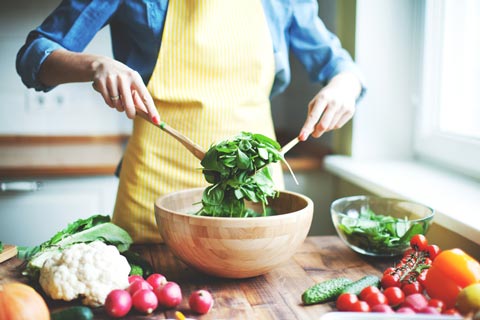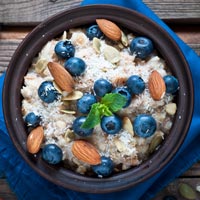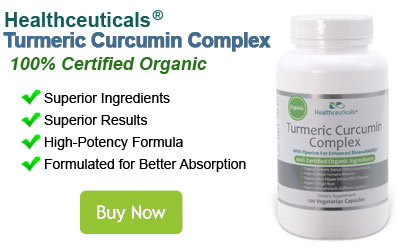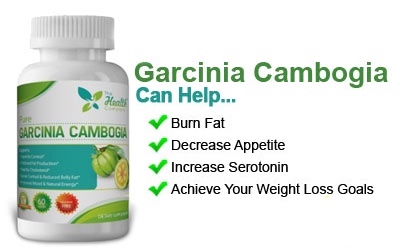
Your liver really works hard all day, every day. It's busy filtering toxins out of your bloodstream, producing bile to help break down dietary fat, aiding with blood clotting duties, and helping to keep your blood sugar stable, among dozens of other things.
Give your liver some love today by choosing foods that help it and avoiding those that make it work harder.
Foods That Aid Your Liver
Here are some foods that are delicious, healthy, and can actually help your liver:
- Oatmeal: the high fiber levels in oatmeal help the liver work better.
- Vegetables: high fiber and plenty of phytonutrients can aid the liver's work by increasing its blood flow and fighting free radicals.
- Coffee: the antioxidants in coffee can have protective effects on liver cells.
- Green tea: similar to coffee, green tea is full of liver-protecting antioxidants.
- Water: drinking plenty of water helps all of your body systems to function optimally, including liver cells.
 Nuts: the vitamin E in nuts is healthy for your liver cells, providing some protection from damage from toxins, and their fiber is good for liver health, too.
Nuts: the vitamin E in nuts is healthy for your liver cells, providing some protection from damage from toxins, and their fiber is good for liver health, too.- Blueberries: the phytonutrients in blueberries are powerful for fighting free radicals that can damage liver cells.
- Chocolate: the antioxidants in dark chocolate can help protect liver cells. Be sure to look for dark chocolate with low sugar.
- Yogurt and other probiotic-rich foods: the importance of maintaining a healthy gut flora is being studied and better understood all the time. Yogurt and other foods high in probiotics can make the liver's detoxifying job easier.
- Milk thistle: Research indicates that milk thistle can be of great aid in protecting and healing the liver. Learn more here: www.milkthistle.com/health-benefits/milk-thistle-liver-cleanse.
Healthy tip: Start your day with a liver-healthy meal of oatmeal or yogurt topped with blueberries and fresh almonds.
Foods That Can Harm Your Liver
These foods cause your liver to work harder and, over time, can even cause damage to it:
- Sugar: the liver must work to convert sugar to fat, so too much of it can overwork the organ, plus the resulting fat must be stored somewhere; too much can damage the liver.
- Excessive salt: studies show that too much salt can lead to fibrosis of the liver. Remember that processed food and restaurant food generally have lots of salt before you add any yourself. Try to avoid those foods as well as processed meats.
- Saturated fat: eating too much saturated fat can lead to a build-up of fat in the liver, which can then negatively affect insulin resistance.
- Alcohol: too much alcohol can damage liver cells.
By avoiding foods that are hard on your liver and increasing those that are helpful, you can maintain and even improve your overall health.
You May Also Like These Articles/Recipes:
Keep Your Kidneys Healthy: Avoid These Things
The Health Benefits of Eating Whole Foods
Properly Preparing Tofu: How to Press Tofu without a Tofu Press


